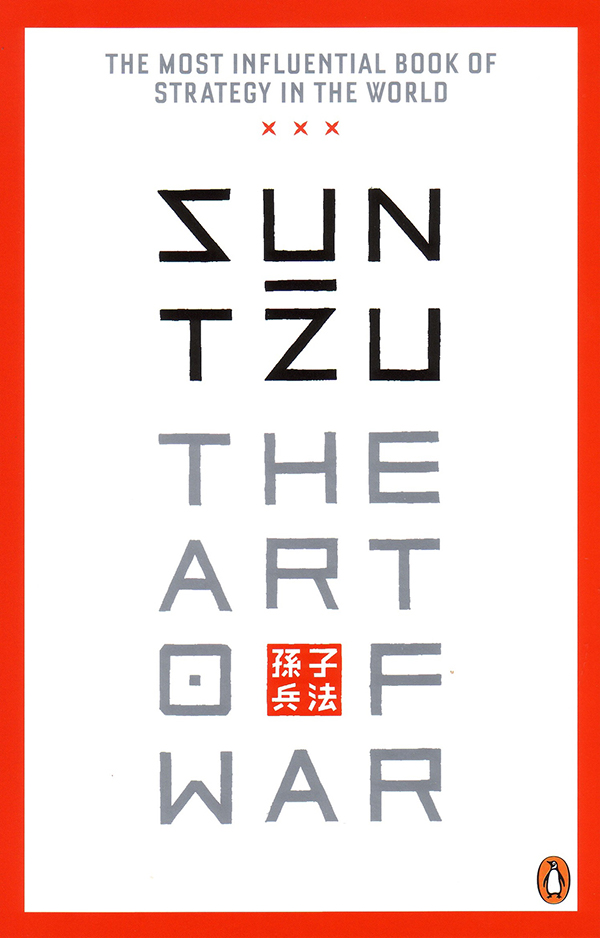The Book in Three Sentences
Know when to fight and when not to fight: avoid what is strong and strike at what is weak. Know how to deceive the enemy: appear weak when you are strong, and strong when you are weak. Know your strengths and weaknesses: if you know the enemy and know yourself, you need not fear the result of a hundred battles.
The Art of War summary
This is my book summary of The Art of War by Sun Tzu. My notes are informal and often contain quotes from the book as well as my own thoughts. This summary also includes key lessons and important passages from the book.
- “According as circumstances are favorable, one should modify one’s plans.”
- “All warfare is based on deception. Hence when able to attack we must seem unable. When using our forces we must seem inactive. When we are near we make the enemy believe we are far away. When far away we must make the enemy believe we are near.”
- “Appear weak when you are strong, and strong when you are weak.”
- “If he is superior in strength, evade him.”
- “Attack him where he is unprepared. Appear where you are not expected.”
- “The general who loses a battle makes but few calculations beforehand.”
- “There is no instance of a country having benefitted from prolonged warfare.”
- “A wise general makes a point of foraging on the enemy. One cartload of the enemy's provisions is equivalent to twenty of one's own.”
- “Supreme excellence consists in breaking the enemy’s resistance without fighting.”
- “The worst strategy of all is to besiege walled cities.”
- “There are five essentials for victory: He will win who knows when to fight and when not to fight. He will win who knows how to handle both superior and inferior forces. He will win who’s army is animated by the same spirit throughout all it’s ranks. He will win who, prepared himself, waits to take the enemy unprepared. He will win who has military capacity and is not interfered with by the sovereign.”
- “If you know the enemy and know yourself, you need not fear the result of a hundred battles. If you know yourself, but not the enemy, for every victory gained you will also suffer a defeat. If you know neither the enemy nor yourself, you will succumb in every battle.”
- “One may know how to conquer without being able to do it.”
- “In war, the victorious strategist only seeks battle after the victory has been won.”
- “In battle, there are not more than two methods of attack: the direct and indirect.”
- “An army may march great distances without distress if it marches through country where the enemy is not.”
- “You can be sure in succeeding in your attacks if you only attack places which are undefended.”
- “Military tactics are like water. For water, in its natural course, runs away from high places and hastens downwards. So, in war, the way is to avoid what is strong and strike at what is weak.”
- “Let your plans be dark and impenetrable as night, and when you move fall like a thunderbolt.”
- “Ponder and deliberate before you make a move.”
- “A clever general, therefore, avoids an army when its spirit is keen, but attacks it when it is sluggish and inclined to return.”
- “It is a military axiom not to advance uphill against the enemy nor to oppose him when he comes downhill.”
- “The art of war teaches us to rely not on the likelihood of the enemy not coming, but on our readiness to receive him.”
- “Make your way by unexpected routes and attack unguarded spots.”
- “If they will face death, there is nothing they will not achieve.”
- “The principle on which to manage an army is to set up one standard of courage which all must reach.”
- “If it is to your advantage, make a forward move. If not, stay where you are.”
